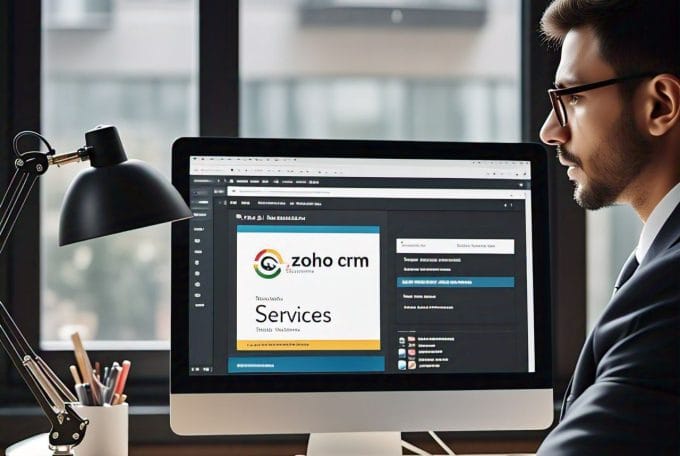In today’s digital world, content is king. But beyond creating engaging articles, videos, or digital products, it’s crucial to understand how to monetize your efforts effectively. Whether you’re a blogger, influencer, or business owner, leveraging your digital assets can generate significant revenue streams.
Understanding Your Audience
Before diving into monetization, you must understand your audience. Identifying who consumes your content and their preferences will help you tailor your strategies for maximum profitability.
Identifying Your Target Audience
- Analyze demographics (age, location, interests)
- Use tools like Google Analytics and social media insights
Analyzing Audience Engagement
- Check which content performs best
- Understand audience pain points and preferences
Choosing the Right Monetization Strategy
There is no one-size-fits-all approach to monetization. Here are some proven strategies:
Advertising Revenue
Display Ads and Banner Ads
- Google AdSense and direct ad placements
- CPC (Cost-per-click) vs. CPM (Cost-per-thousand-impressions)
Sponsored Content and Native Advertising
- Collaborating with brands for sponsored posts
- Ensuring content aligns with your niche
Affiliate Marketing
Affiliate marketing allows you to earn a commission by promoting third-party products.
How Affiliate Marketing Works
- Partner with brands offering commission-based sales
- Integrate affiliate links within content
Choosing the Right Affiliate Programs
- Select high-paying and relevant programs (Amazon Associates, CJ Affiliate, ShareASale)
- Promote only trusted products to maintain credibility
Subscription Models
A subscription-based approach provides recurring income.
Membership-Based Monetization
- Offer exclusive content to paying subscribers
- Platforms: Patreon, Substack, or private communities
Premium Content Access
- Paid newsletters, video courses, or research reports
Selling Digital Products
eBooks, Templates, and Courses
- Create and sell informational products
- Platforms: Gumroad, Teachable, Udemy
Software and Digital Assets
- Sell plugins, themes, or SaaS products
Offering Online Services
Freelancing and Consulting
- Offer services like writing, designing, or SEO
- Platforms: Fiverr, Upwork, LinkedIn
Webinars and Coaching Sessions
- Host paid educational or motivational sessions
Crowdfunding and Donations
Platforms for Crowdfunding
- Kickstarter, GoFundMe, and Buy Me a Coffee
Encouraging Community Support
- Leverage social media to promote donation campaigns
Licensing Your Content
Selling Rights to Your Content
- Allow brands to use your content for marketing
Stock Media Licensing
- Sell photos, music, or videos on Shutterstock, Adobe Stock
Leveraging Social Media
Monetizing YouTube, TikTok, and Instagram
- Join YouTube Partner Program
- Utilize TikTok Creator Fund and brand deals
Using Patreon and Other Fan-Based Platforms
- Engage followers with exclusive perks
Email Marketing for Revenue
Growing an Email List
- Offer free resources in exchange for email sign-ups
Monetization Through Exclusive Content
- Promote paid newsletters, sponsored content
SEO and Content Optimization
Importance of Search Engine Rankings
- Higher rankings mean more organic traffic
Strategies to Improve Visibility
- Optimize for keywords, use meta descriptions, and enhance readability
Tracking and Analyzing Performance
Key Performance Indicators (KPIs) to Measure Success
- Track ad revenue, conversion rates, and traffic
Tools for Monitoring Monetization Efforts
- Google Analytics, SEMrush, and affiliate dashboards
Conclusion
Monetizing digital content requires a strategic approach. Whether you choose advertising, affiliate marketing, selling digital products, or leveraging social media, understanding your audience and optimizing your efforts will lead to success.
FAQs
1. What is the best monetization strategy for beginners?
Affiliate marketing and display ads are great starting points for beginners.
2. How long does it take to start earning from digital content?
It varies, but with consistency and a solid strategy, earnings can begin within months.
3. Can I combine multiple monetization methods?
Absolutely! Diversifying income streams ensures stability.
4. What are the common mistakes to avoid in digital content monetization?
Overloading with ads, ignoring audience preferences, and lack of engagement are common mistakes.
5. How do I maintain a consistent income stream?
Regularly update content, engage your audience, and explore new monetization opportunities.




